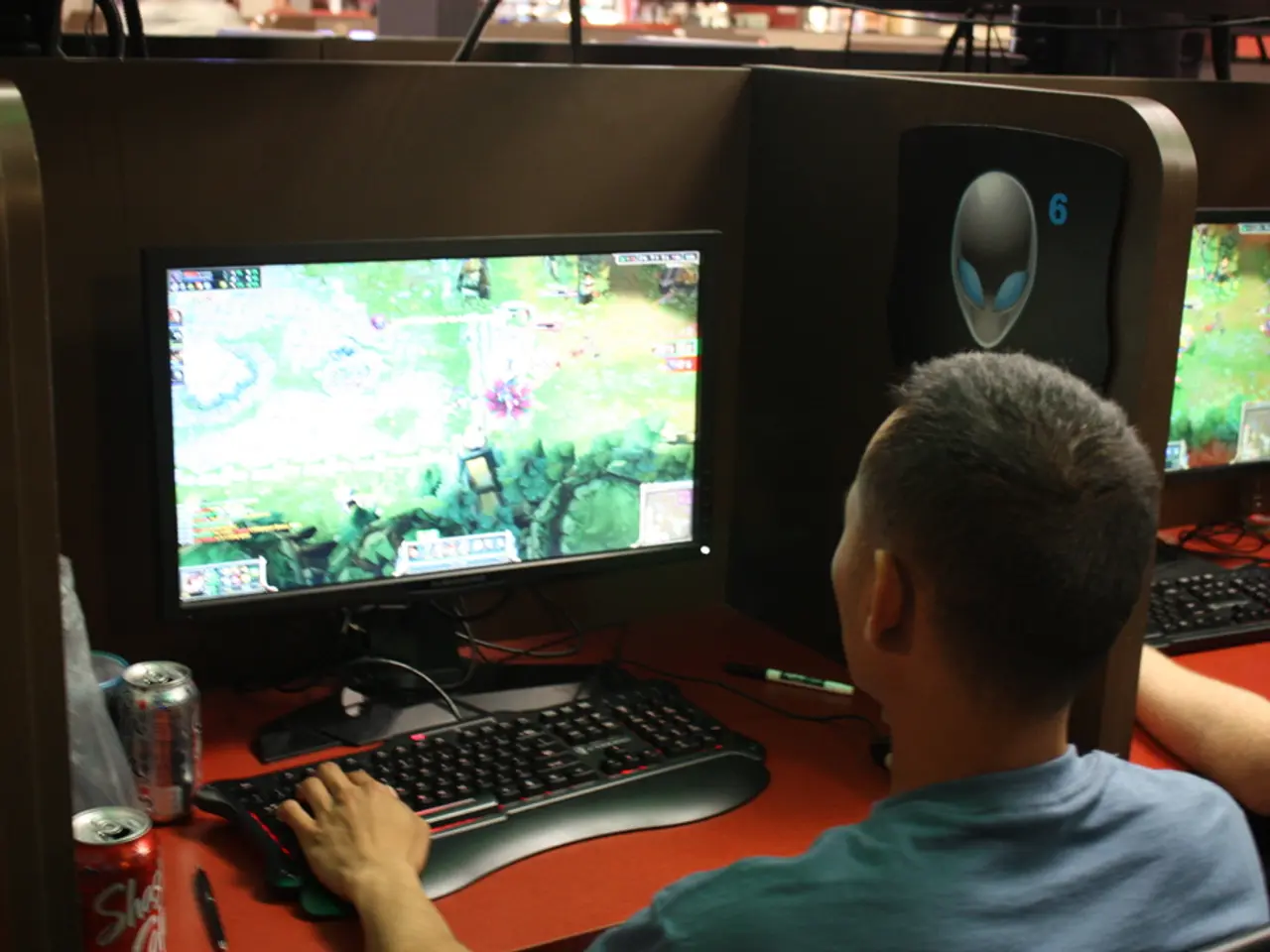Game Developments in Web3 Face Financial Struggles After Initial Funding Fails to Maintain Momentum
Several blockchain-based games, including Tatsumeeko: Lumina Fates, Nyan Heroes, Blast Royale, and Rumble Kong League, have recently announced their closures. The primary reasons for these closures are funding shortages and overly ambitious development goals, reflecting broader challenges in the web3 gaming ecosystem.
Tatsumeeko: Lumina Fates Shuts Down to Focus on Web2 Project
The team behind Tatsumeeko: Lumina Fates has decided to return to traditional game development, citing a strategic shift away from blockchain gaming. They are focusing on a new web2 project named Project: Wander.
Nyan Heroes Discontinued Due to Financial Struggles
Singapore developer 9 Lives Interactive had to discontinue Nyan Heroes despite raising $13 million. The difficulties in sustaining long-term development and marketing in web3 gaming are evident in this case.
Blast Royale Closes Due to Lack of Funding and Market Challenges
Blast Royale, a mobile battle royale game by UK’s First Light Games, will be closed primarily due to a lack of funding. The game will be open-sourced from June 2025, hoping that the community might revive it or build on its foundation.
Rumble Kong League Sold to Brazilian Firm Due to Financial Constraints
Rumble Kong League, which gained attention due to NBA star Steph Curry's involvement, ended quietly after the funds for the project dried up and key staff departed. The project was sold to a Brazilian firm.
Challenges Highlighted by the Closures
The closures of these games highlight several challenges in the web3 gaming ecosystem:
- Funding Exhaustion: Much of the funding was raised in 2021 and 2022, and many projects have now run out of capital without securing new investment.
- Overly Ambitious Visions and Reliance on Third-Party Partnerships: Projects sometimes cannot pivot quickly enough to changing market conditions or consumer interest.
- Market Realities of NFTs and Player Adoption: Failure to sell out initial NFT mints or reach active user bases undermines financial viability.
- A Wave of Reverting to Web2 or Hybrid Models: Many teams find pure blockchain/web3 games hard to maintain long-term due to the economic and technical challenges involved.
The closures serve as cautionary signals about the fragility of current web3 gaming models, emphasizing the need for more sustainable funding, realistic development scopes, and user engagement strategies in the blockchain gaming ecosystem.
Skilled developers in web3 gaming projects can find themselves out of time and resources before they reach full launch due to the pressure to deliver quickly. Large investments at an early stage can put pressure on teams to deliver quickly, potentially leading to issues if growth slows. Web3 gaming often relies on short-term performance to secure long-term capital, which can lead to issues when user metrics falter early.
If growth slows in web3 gaming projects, follow-up funding can dry up quickly. The developers of Blast Royale have open-sourced the game’s codebase, hoping the community might revive it or build on its foundation. These closures underscore the need for a more stable and sustainable approach to web3 gaming development.
- Investors in web3 gaming projects might want to reconsider the timing of their investments, as many funded projects have recently found themselves running out of capital with little prospect of further investments.
- The development teams behind some web3 games, such as Tatsumeeko: Lumina Fates, are starting to return to traditional game development due to the economic and technical challenges involved in maintaining pure blockchain/web3 games.
- Sports-betting platforms might want to explore the potential of blockchain technology for increased transparency and security in the sports-betting industry, as the shutdowns of traditional web2 games open up opportunities in the growing web3 gaming market.
- Technological advancements in artificial intelligence, gadgets, and technology could provide new opportunities for web3 developers, as they search for more sustainable and user-friendly solutions to the challenges faced in the current web3 gaming ecosystem.




